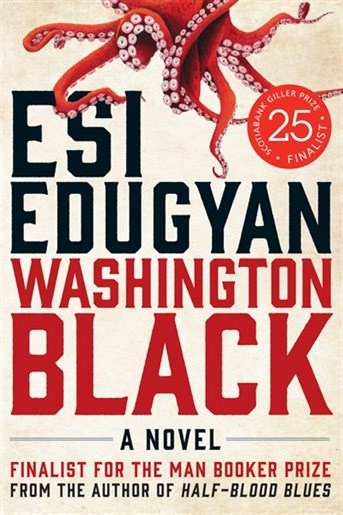In the literary world, fall is also known as award season.
The Giller and Governor General’s (GG) lists of nominees are out, and they include some powerful nominated stories written by Canadian women.
Although some of these stories are extremely dark and all of them deal with the reality of violence and its aftermath, they also explore aspects of forgiveness and optimism that strengthen us in difficult times.
Multiple award winner Miriam Toews’ recent book, Women Talking, is a fictionalized account of an isolated Mennonite sect in Bolivia whose male leaders were accused of sedating and raping women and girls in their community in the 1990s. The perpetrators attempted to explain away these assaults — known as the “ghost rapes” — as a result of the women’s overactive imaginations. In Toews’ story, the men of the community are away at the court case while the women meet secretly in a hayloft to discuss what to do: stay and fight or leave and be free. Narrated by August, a male member of the community who records the “minutes” of these secret meetings, Toews explores fundamental issues of freedom and forgiveness, patriarchy, and the lengths women will go to get by in a world they did not create.
A more uneasy read, both in topic and style, is Sarah Henstra’s The Red Word. Nominated for the GG, this story also takes place in the 1990s as Karen returns to the town where she attended college as a foreign student years earlier. As a Canadian, Karen seems an outsider among her privileged American classmates but soon finds herself at the centre of a modern tragedy as the truth about her popular boyfriend’s fraternity comes to light. Not for the squeamish, Henstra’s multi-layered story about the rape culture on college campuses examines pervasive male privilege as well as the complicity of women in sexual assault, and is a timely read in the current #metoo climate.
Renowned Inuit throat-singer Tanya Tagaq’s Giller-nominated Split Tooth is even darker still, perhaps because of its harsh realism. Equal parts memoir and poetry, Tagaq’s story of a young girl growing up in Nunavut in the 1970s explores both the beauty and the brutality of life in Canada’s north. Even though this young girl’s life is rife with violence, sexual exploitation and drug abuse, the most tragic elements of the story are described with such poetry that it actually increases their impact and, in the end, we are astonished that someone who has seen such despair can still look at the world with optimism. While beautifully written, the core truths described in this book will be an eye-opener for many who have never experienced life in northern Canada — a place where little girls like the one in this novel are often forgotten.
Life for those on the margins of society is also explored in Esi Edugyan’s book Washington Black, where the brutality of life on a slave plantation in Barbados in the 1830s is observed and experienced by 11-year-old slave Washington Black. By a stroke of luck, he is removed from the backbreaking work of cutting cane in the fields and taken on as personal assistant to the slave owner’s kinder brother, Titch, an inventor and abolitionist. As the two bond over Titch’s dream of inventing a flying machine, tragedy occurs and they are forced to flee on a journey of adventure and self-discovery, attempting to answer the question “What is true freedom?” Like Edugyan’s previous Giller-winning book, Half-Blood Blues, Washington Black is nominated for the Rogers Writers’ Trust Fiction Prize and the Man Booker Prize in the United Kingdom, so odds are that this Victoria, B.C. writer will take home another prestigious award.
You can find these and other award-winning great reads at your local library.
A Good Read is a column by Tri-City librarians that is published on Wednesdays. Kathy Marino works at Coquitlam Public Library.



